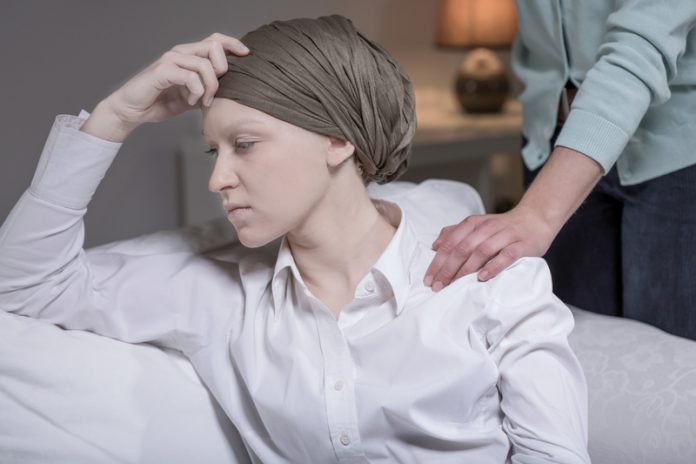Professor Ruth Ladenstein from SIOPE (the European Society for Paediatric Oncology) discusses how ERN PaedCan facilitates effective cross-border healthcare
The European Commission launched 24 different networks to bring together experts from across the EU to tackle rare diseases by improving diagnosis, treatment and access to specialist care. These are known as (European Reference Networks (ERNs).
Childhood cancer
Paediatric cancer is per se a very rare disease that comes in multiple subtypes and represents both a life-threatening disease and a major public health issue. With 35,000 children and adolescents newly diagnosed with cancer across Europe and 6,000 young patients dying each year, it remains the leading cause of death from disease for children older than one year of age.
Average survival rates have improved in recent decades and although the progress has been dramatic for some conditions, the outcomes remain very poor for some others. Significant inequalities in survival rates are also a challenge in Europe, with worse outcomes in Eastern European countries.
European Reference Network on Paediatric Cancer (ERN PaedCan)
The ERN PaedCan aims to make national health systems cooperate in the interest of patients. The goal is to reduce inequalities in childhood cancer survival by providing high-quality accessible and cost-effective cross-border healthcare to European children and adolescents with cancer, regardless of where they live. This network currently unites 57 institutions from 18 European countries working together to help children and teenagers with cancer.
The ERN PaedCan implements eHealth technologies and facilitates cross-border consultations (e.g. via the Clinical Patient Management System (CPMS) provided by the EC), to share expertise in rare conditions and give cross-border advice.
To make specialised knowledge and life-saving paediatric oncology treatments broadly accessible, the ERN PaedCan creates a roadmap of pan-European healthcare centres that are renowned for their expertise in treating paediatric malignancies. This network facilitates the lives of both healthcare providers and of patients, whose conditions require specialist expertise and tools not widely available, due to low case volumes and a lack of resources.
Finally, yet importantly, this network helps young patients and their families in making informed choices by providing clear information regarding access, quality, safety and reimbursement for treatments received in another EU country. All this represents more treatment options and less red tape for young patients and their families.
Cross-border healthcare
Cancer is a life-threatening disease, and there is still a long way to go to overcome inequalities and ensure safer and good quality treatment across EU borders. The need to improve access to standard care across Europe and to increase the cure rates for all paediatric cancer types should be a priority for all those who care for childhood cancer patients and survivors.
As Vytenis Andriukaitis (EU Commissioner for Health and Food Safety) has said, ‘no country alone has the knowledge and capacity to treat all rare and complex conditions’. Nonetheless, through cooperating and exchanging life-saving knowledge at European level, patients across the EU will be able to gain access to the best expertise available. This network offers a platform for the development of guidelines, training and knowledge sharing. There is no doubt that cross-border healthcare will unite specialists across Europe to tackle complex or rare cancer conditions that require highly specialised interventions and a concentration of knowledge and resources.
The ERN PaedCan will increase childhood cancer survival and quality of life in the long-term by fostering cooperation, research and training, with the ultimate goal of reducing current inequalities in childhood cancer survival and healthcare capabilities in EU Member States. It enables access to data diagnostics and treatments by facilitating the exchange of knowledge and expertise, allowing information to travel rather than the patients through the implementation of a Virtual Consultation System.
The hope is that ERN PaedCan will provide concrete results for many patients so that they are no longer looking for answers in the dark but instead can benefit from the best knowledge available in Europe, so they may lead healthier and longer lives.
Professor Ruth Ladenstein
Coordinator for ERN PaedCan and a SIOPE board member
SIOPE (the European Society for Paediatric Oncology)
Tel: +32 2 775 02 12











